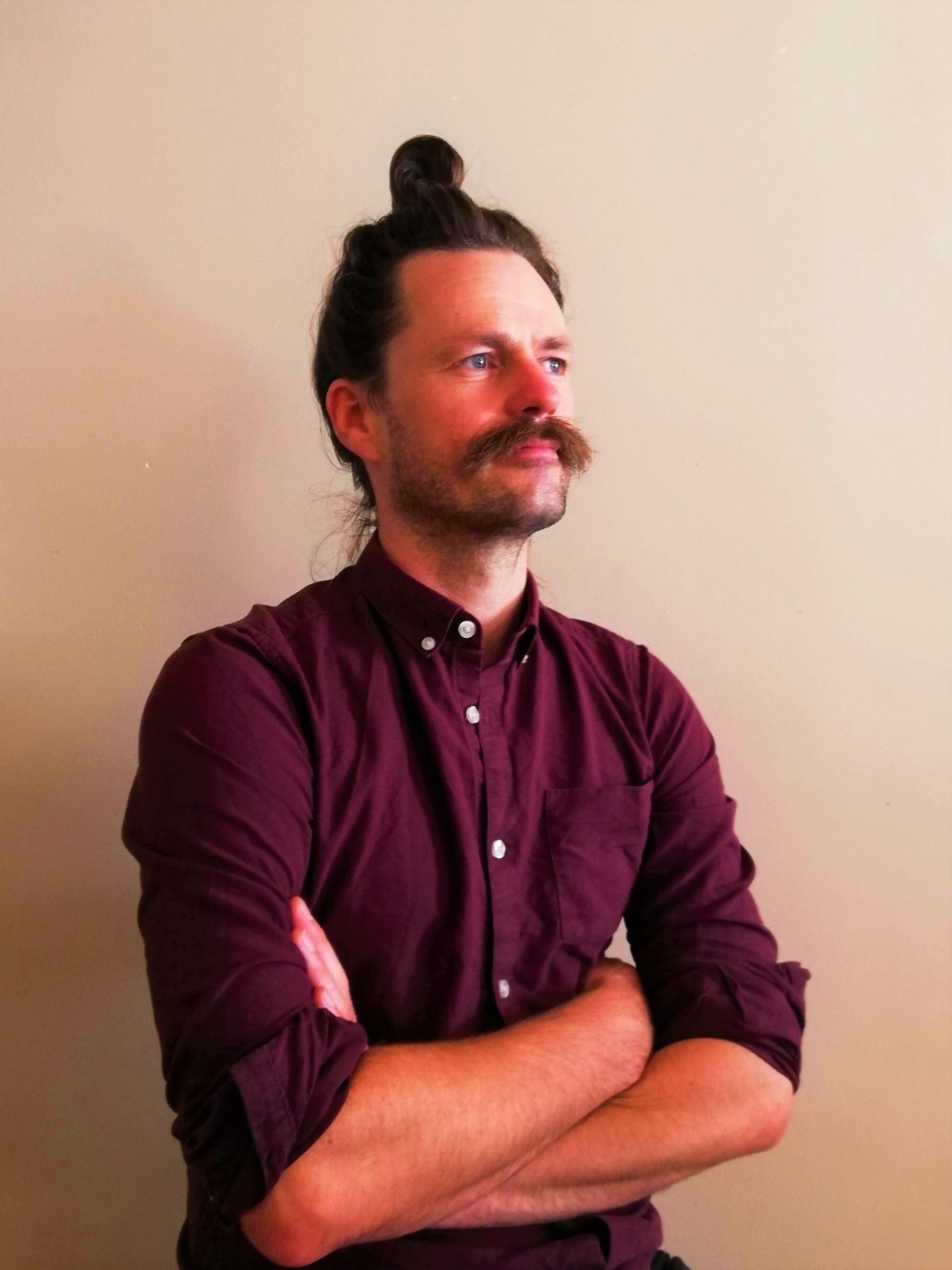LCANZ AGM 2023
Thursday 14, September 2023
Please join us for this year’s free LCANZ AGM on Thursday 14th September 2023 in Auckland.AGM 2023 – Slide Deck for Website
The AGM will be principally an in-person event, but a zoom link will be provided to all registered members who are unable to attend in-person.
In addition to the AGM proceedings, we are excited to hold a presentation and panel discussion session on a new and topical research area – Dynamic LCA, which is by open invitation to both members and non-members. An overview of this session is provided below.
Event details:
Date: Thursday 14th September 2023
Time: 2.30 pm– 6.00 pm
Venue: Mott Macdonald, L2 Boardroom, Packenham Street West, Auckland CBD
Online – Zoom (details will be emailed to all registered attendees)
Event includes:
2.30-3.30pm – LCANZ AGM with following Agenda
- President’s report
- Treasurer’s report
- Committee Elections
- General business
3:30-5:00pm – Dynamic LCA session with panel discussion.
5:00-6:00pm – Networking
To register, please click here: LCANZ AGM 2023 | Humanitix
Attachments:
- AGM notice and call for Nominations 2023
- Meeting Minutes LCANZ AGM 2022
- Statement_of_accounts_2023 (draft)
Information on Dynamic LCA session: Modelling the role of time in carbon footprints for building elements – testing different methodologies
Dynamic LCA potentially provides a more accurate way of accounting for carbon emissions and storage in building elements. It incorporates assessment of the role of time in accounting for carbon storage and emissions. It potentially provides a more policy-relevant and scientifically accurate method of carbon accounting than conventional methods that simply quantify all carbon emissions as being released at time “0” even if, in fact, the carbon is stored for many years prior to its release as carbon dioxide or methane.
This project applied the Dynamic LCA method to different materials used in NZ residential wall, floor and roof constructions, including consideration of the operational and end-of-life phases. The results are relevant to existing and future initiatives such as: the MBIE Building for Climate Change programme, EPD Australasia, BRANZ tools (such as CO2RE and LCAQuick), and other proprietary tools (e.g. EToolLCD, One Click LCA).
The project was funded by MBIE Building for Climate Change programme and BRANZ, and involved Massey University, BRANZ, Scion Research and École de Technologie Supérieure, Montréal.
The Panel:
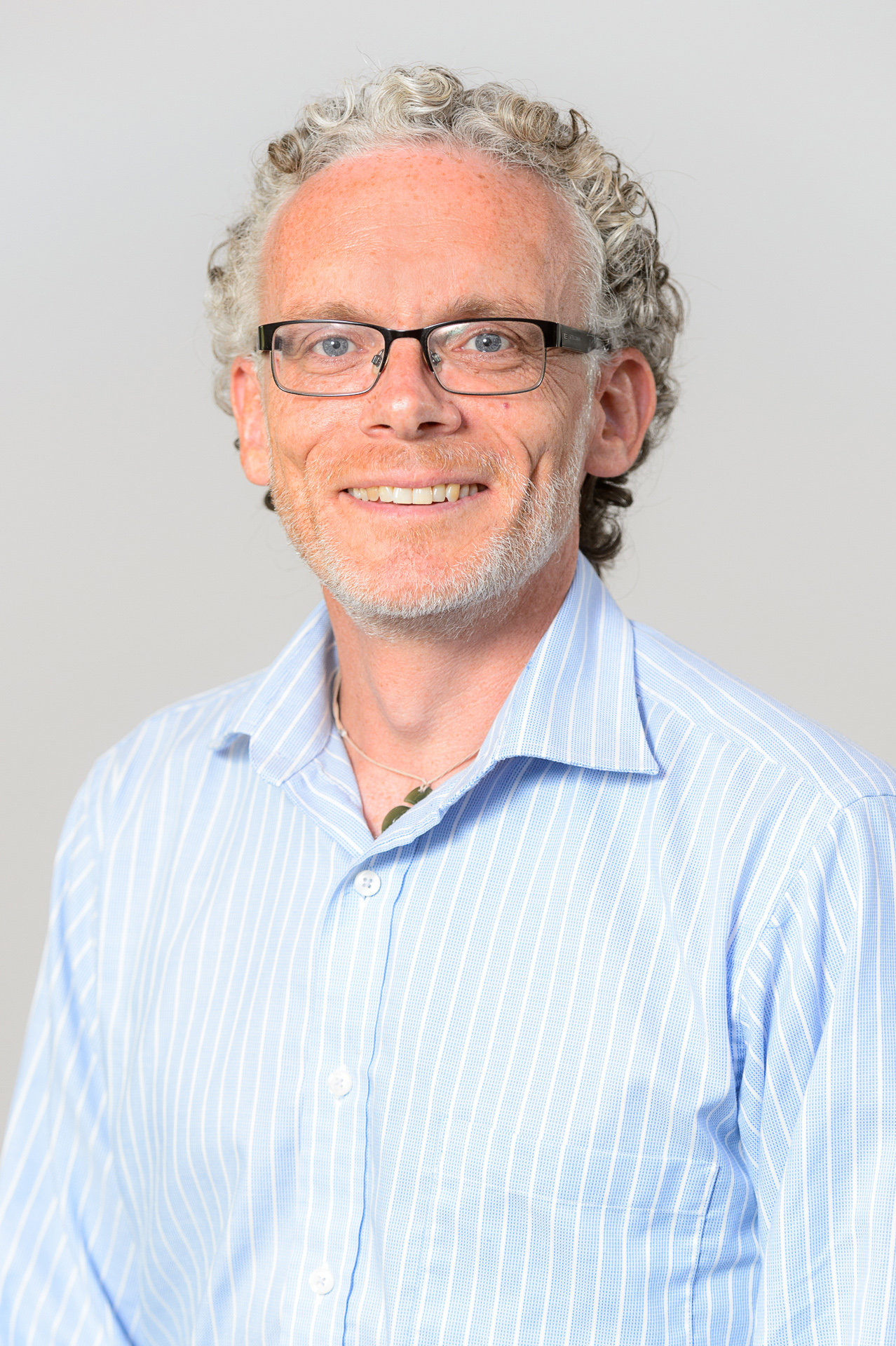
BRANZ staff portraits.
Dr. David Dowdell is the Principal Scientist – Sustainability and Science Leader for the Zero Carbon Built Environment research programme at the Building Research Association of New Zealand (BRANZ). He is an environmental scientist by background and started as a consultant specialising in LCA for firms such as PricewaterhouseCoopers and Ove Arup & Partners, before joining BRANZ in 2011. His research at BRANZ led to the development of the NZ whole-building, whole-of-life framework and free, whole building LCA tool LCAQuick, in 2016. Since then, he has been responsible for the development of other BRANZ LCA and carbon footprint tools and data, for example CO2NSTRUCT, as well as collaborating on research with New Zealand universities and internationally through the International Energy Agency. In 2022, he co-presented BRANZ’s Carbon Challenge seminar series which focussed on climate change and the built environment. His current research is on development of a lower carbon house design, called the NEXT home.
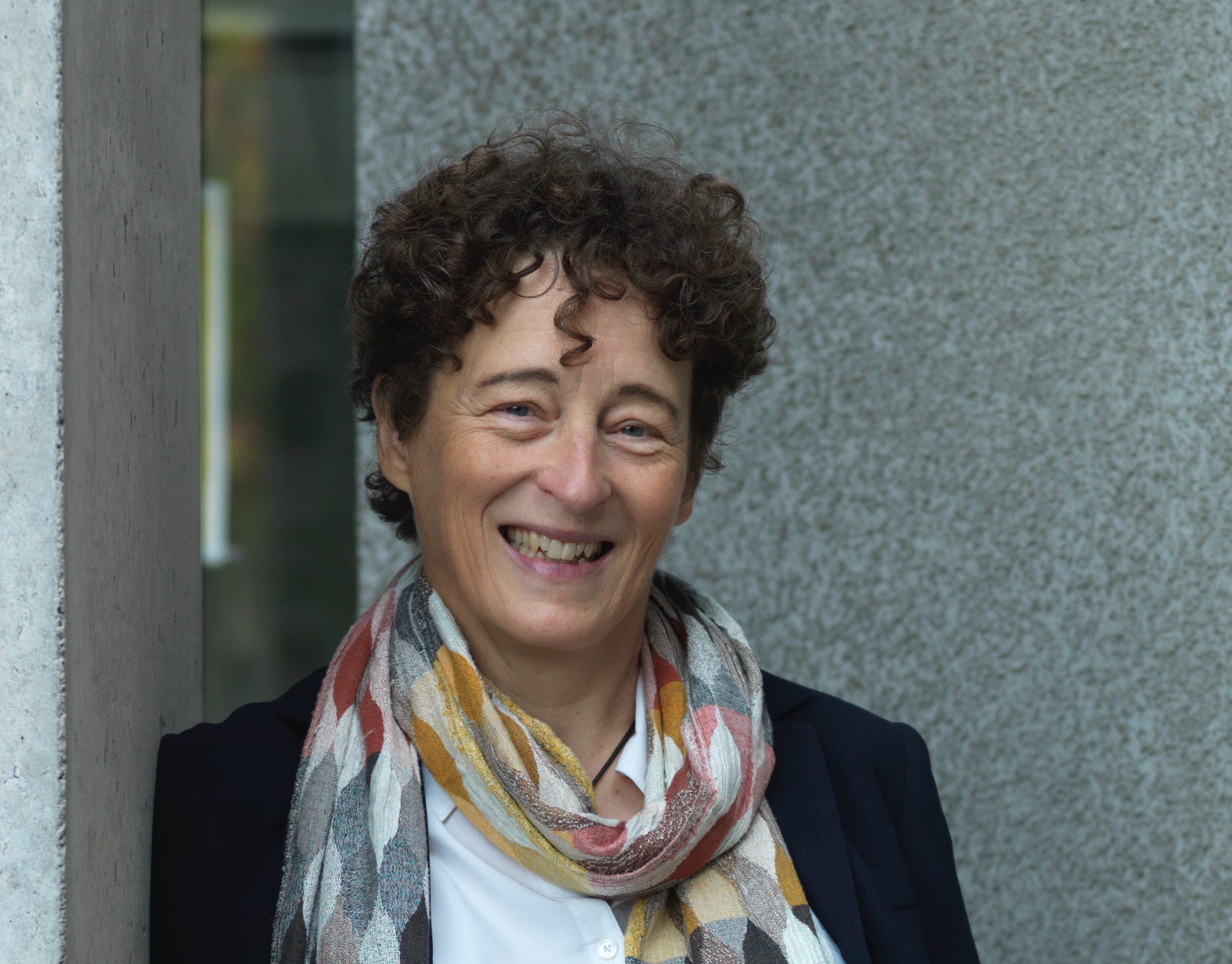
Professor Sarah McLaren is Director of the New Zealand Life Cycle Management Centre (NZLCM Centre), and Professor in Life Cycle Management at Massey University, New Zealand (NZ). Her research focuses on development and application of Life Cycle Assessment (LCA) and related approaches such as planetary boundaries, industrial ecology and the circular economy. Sarah has promoted uptake of Life Cycle Management in New Zealand as a founding Committee member of the Life Cycle Association of New Zealand (LCANZ) and member of the Technical Advisory Group of the Australasian Environmental Product Declaration (EPD) Programme. She has served on the Office of the Prime Minister’s Chief Science Advisor’s Rethinking Plastics Panel, Ministry for the Environment’s Planetary Boundaries NZ Advisory Board, and represented NZ on the ISO Water Footprint Working Group. She works with organisations such as the Food and Agriculture Organisation of the United Nations (FAO), Building Research Association of New Zealand (BRANZ), Fonterra, Avocado NZ, and the NZ Food Awards to translate Life Cycle Management into practical action.
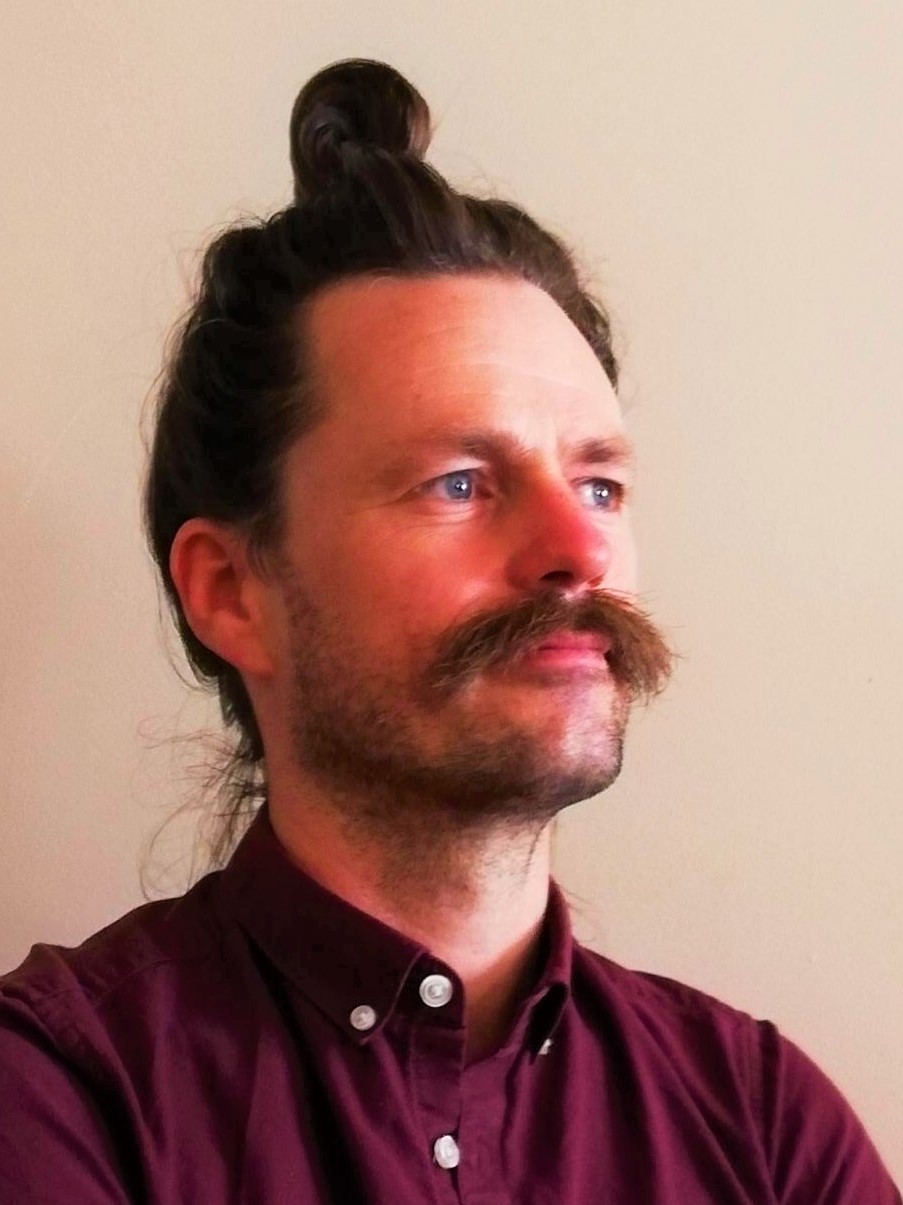
Dr. Thomas Elliot is an environmental scientist based in Denmark. Originally from New Zealand, he has a background in socio-ecological systems modelling, ecosystem services, industrial ecology methods. His recent work focuses on circular economy and the environmental impacts of Canada’s built environment. He completed his PhD in the MIT Portugal Sustainable Energy Systems programme at the University of Lisbon. Currently, he is a Marie Curie Postdoctoral Fellow at Aalborg University working on climate tipping points and mitigation scenarios.
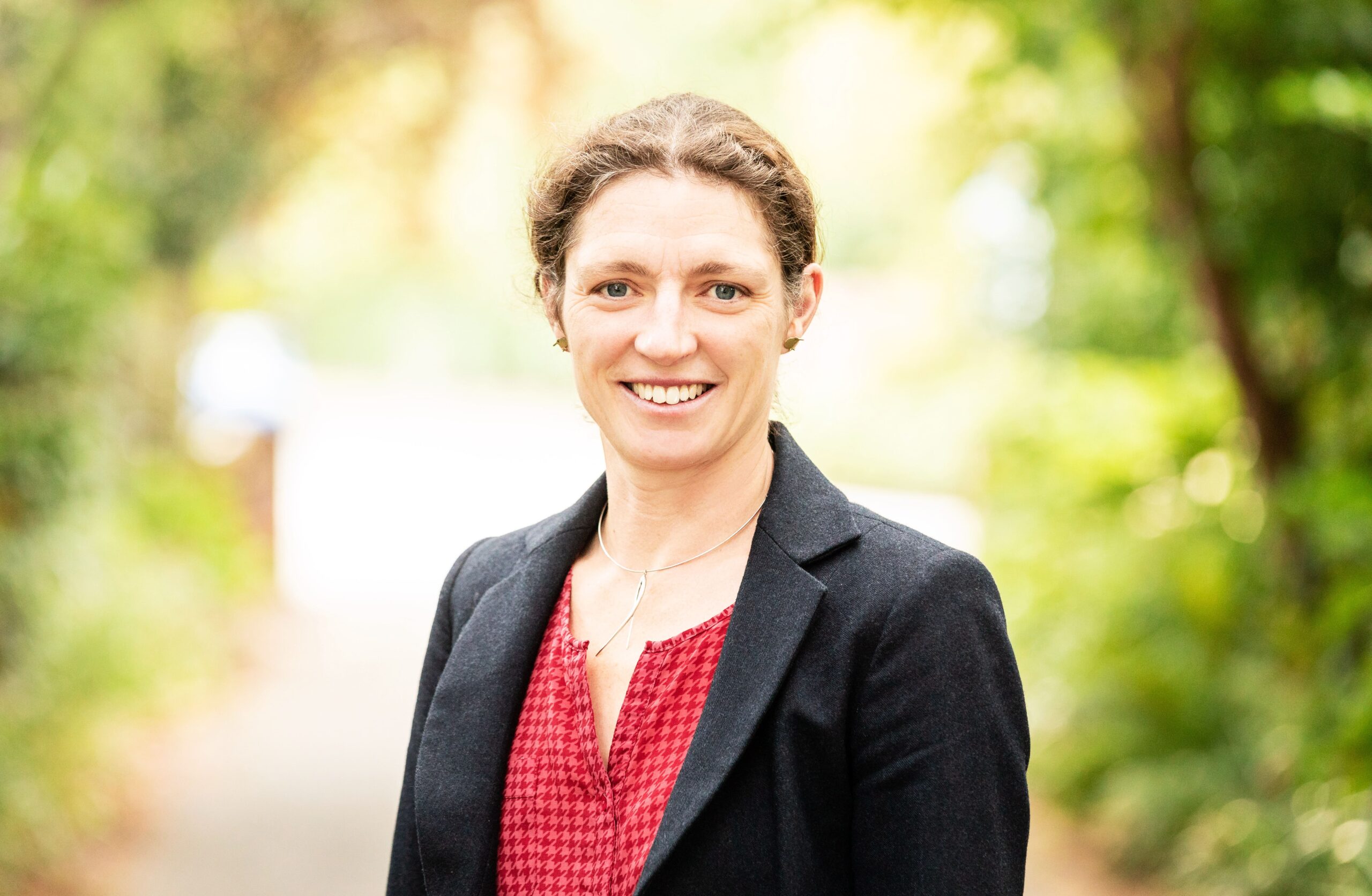
Katie Symons is Principal Advisor, Engineering, in MBIE’s Building System Performance Branch. She is leading the technical side of the Building for Climate Change programme’s work to reduce whole-of-life embodied carbon emissions. Katie is a chartered professional structural engineer in New Zealand and the UK, and has over 15 years’ experience designing building structures in both countries. She has particular expertise in assessing the embodied carbon of buildings and construction materials. She is the author of a number of academic papers on the subject and also wrote the New Zealand wood design guide on timber, carbon and the environment.
We look forward to seeing you at the AGM in Auckland!




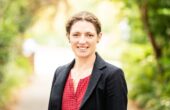
Attachments
- AGM notice and call for Nominations 2023
- Meeting Minutes LCANZ AGM 2022_Final
- Statement_of_accounts_2023 draft
- AGM 2023 - Slide Deck for Website

